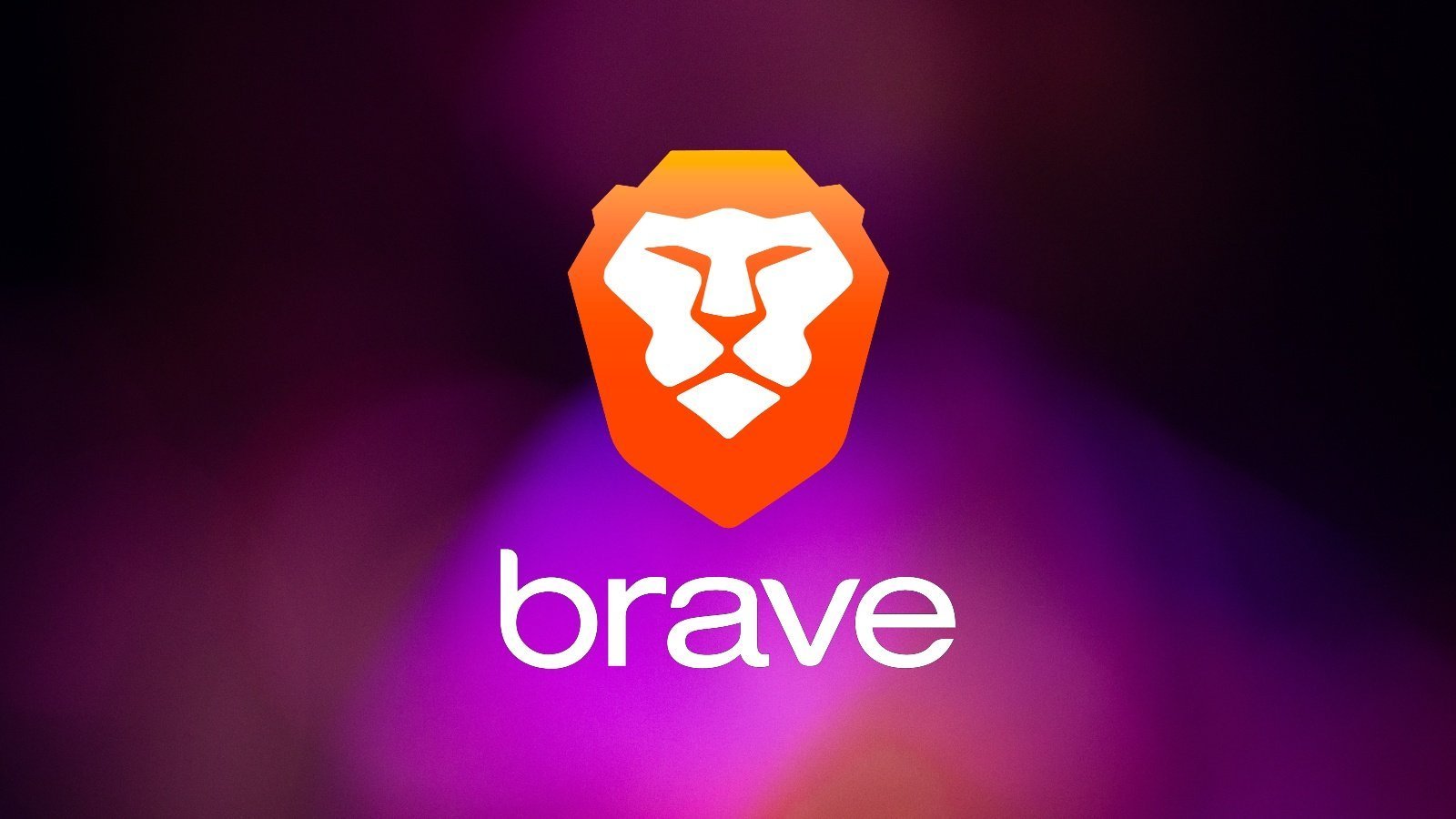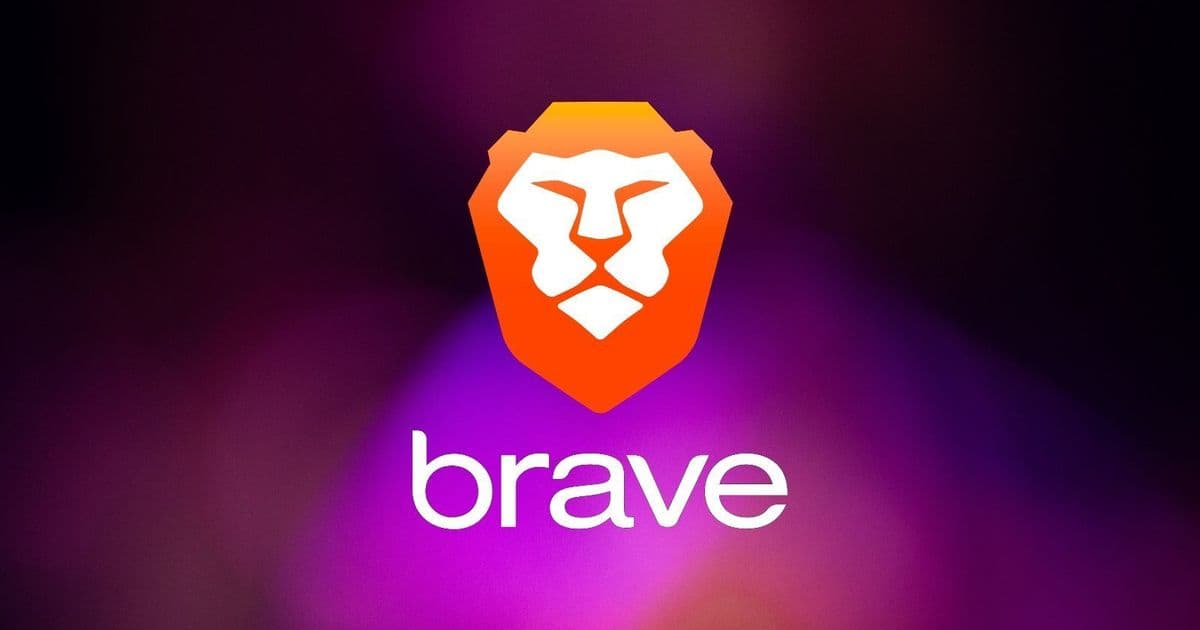Brave Software has implemented technical safeguards to prevent Microsoft's controversial Windows Recall feature from capturing browser activity. The privacy-focused browser now automatically opts users out of Recall's persistent screenshotting—a move addressing critical concerns about sensitive data exposure. This proactive measure leverages Microsoft's own APIs to shield browsing histories from unintended surveillance.

Privacy-focused Brave Browser has taken a decisive stance against Microsoft's Windows Recall, implementing default protections to block the feature from capturing users' browsing activity. This technical countermeasure responds to widespread alarm over Recall's potential to inadvertently log sensitive information—including passwords, financial data, and private communications—through continuous screenshots.
The Recall Privacy Dilemma
Windows Recall, an opt-in feature for Windows 11, captures snapshots of active windows every few seconds. Using AI, it analyzes these screenshots to enable natural-language searches through a user's digital history. While Microsoft positioned Recall as a productivity tool, security experts immediately flagged risks: unencrypted databases of screenshots could expose intimate details if devices were compromised or seized.
Brave's Technical Shield
Brave engineers utilized Microsoft's SetInputScope API—a mechanism allowing applications to declare content sensitivity—setting the input scope to IS_PRIVATE for all browser windows. This signals to Recall that Brave's content shouldn't be captured or indexed.
"We think it's vital that your browsing activity on Brave does not accidentally end up in a persistent database, which is especially ripe for abuse in highly-privacy-sensitive cases such as intimate partner violence," Brave stated in its GitHub announcement.
The change, already active in Brave Nightly builds, will deploy to stable releases soon. Users who explicitly want Recall functionality can re-enable it via Brave's settings.
Contrasting Approaches and Trade-offs
Brave's method differs from Signal's earlier Recall block, which relied on enabling a DRM management flag. While effective, that approach risks breaking accessibility tools like screen readers—a trade-off Brave avoids by leveraging OS-level privacy indicators. Both cases highlight how developers are forced to engineer defenses against platform-level features that conflict with core privacy guarantees.
Why This Matters Beyond Browsers
This move underscores a critical tension in modern software: as OS vendors embed deeper surveillance capabilities, applications must actively resist invasive defaults. For developers, Brave's API-based approach offers a blueprint for asserting user privacy without sacrificing functionality. Meanwhile, enterprises must reassess tools like Recall, as regulated data displayed in browsers—health records, financial details—could create compliance nightmares if captured indiscriminately.
As Microsoft bolsters Recall's security with Windows Hello ESS, Brave's preemptive action sets a precedent: privacy isn't just about encryption or anonymity—it's about ensuring user activities aren't silently archived by the very systems meant to empower them.
Source: BleepingComputer

Comments
Please log in or register to join the discussion